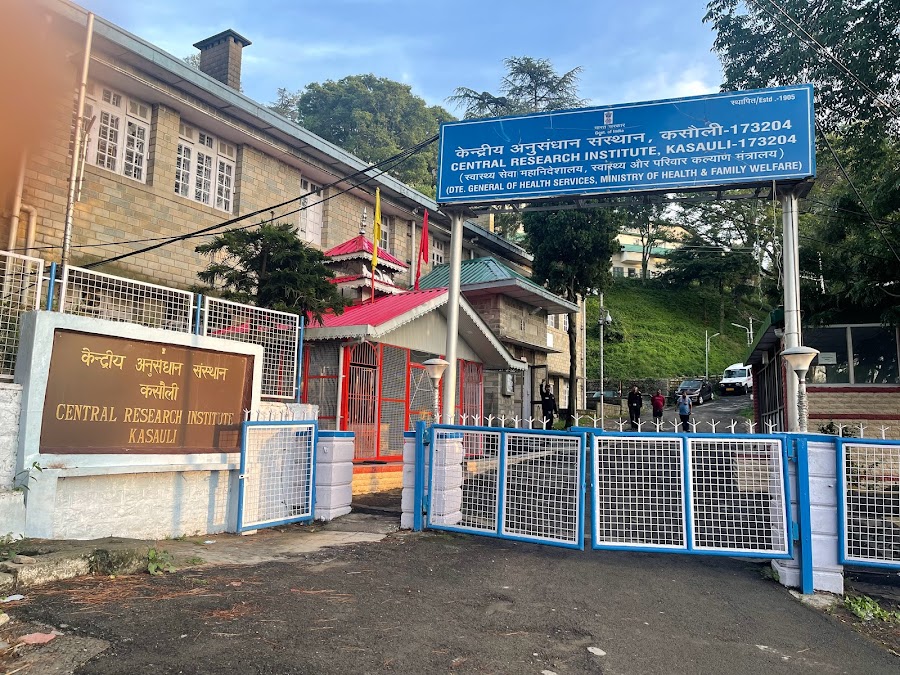
Central Research Institute
Kasauli, India
- Enjoy the scenic views of Kasauli.
- Explore colonial-era architecture.
- Learn about vaccine development history.
- Visit the Pasteur Museum.
Known for:
Description:
The Central Research Institute (CRI) in Kasauli is a renowned research facility with a rich history in the field of virology and immunology. While primarily a research institute, its colonial-era architecture and serene surroundings attract tourists interested in history and science. Visitors can explore the institute's exterior, learn about its contributions to medical science through displays, and enjoy the peaceful atmosphere of the surrounding hills. It offers a unique glimpse into India's scientific heritage. Please note that access to certain areas may be restricted to the public.
History:
Established in 1905 by the British government, the Central Research Institute (CRI) was initially created to combat diseases prevalent in India during that era. It played a crucial role in developing vaccines for diseases like typhoid, cholera, and smallpox. The institute was instrumental in early research on rabies and the production of the anti-rabies vaccine. Over the years, CRI has expanded its research areas to include various viral and bacterial diseases, becoming a leading center for medical research and vaccine development in India. Its historical significance lies in its contributions to public health and its role in shaping India's scientific landscape.